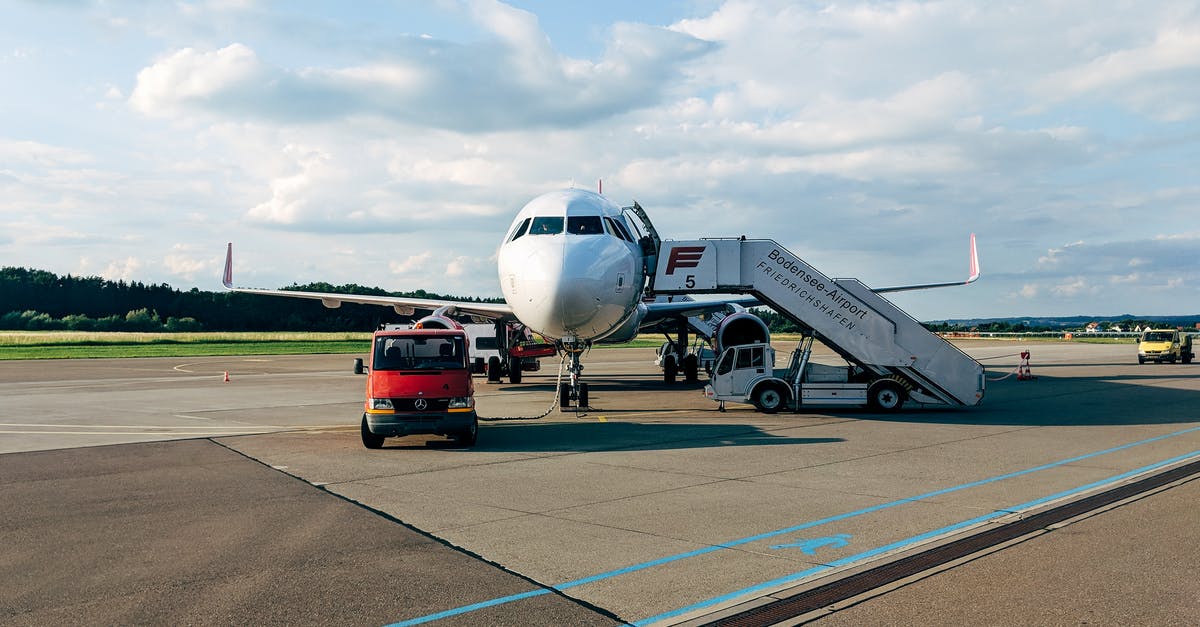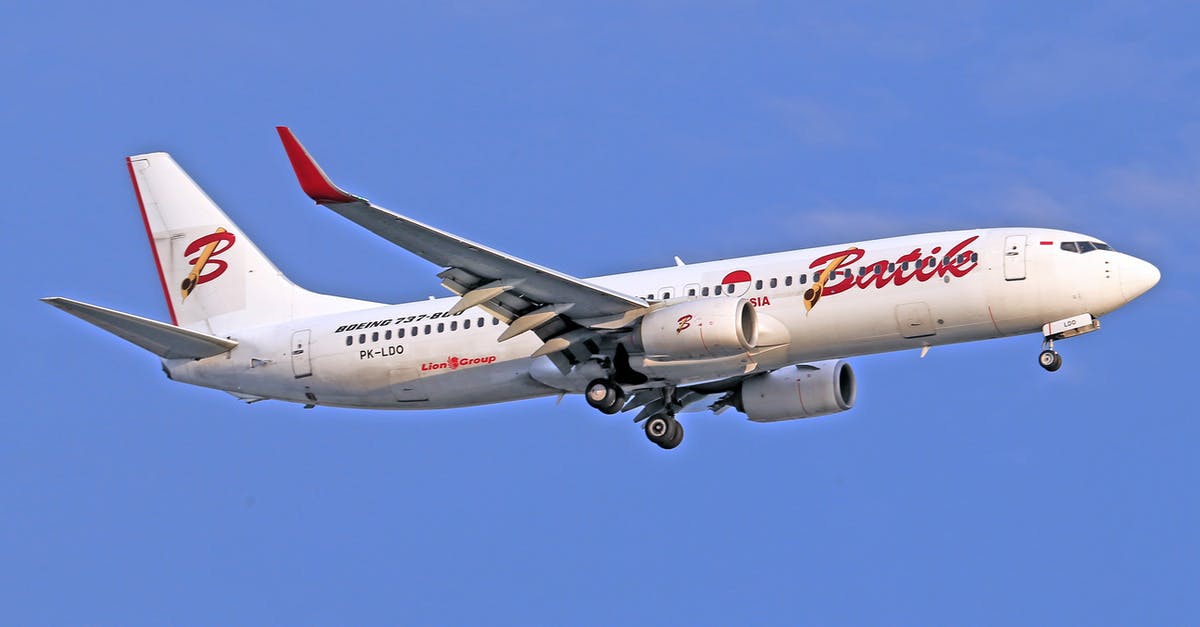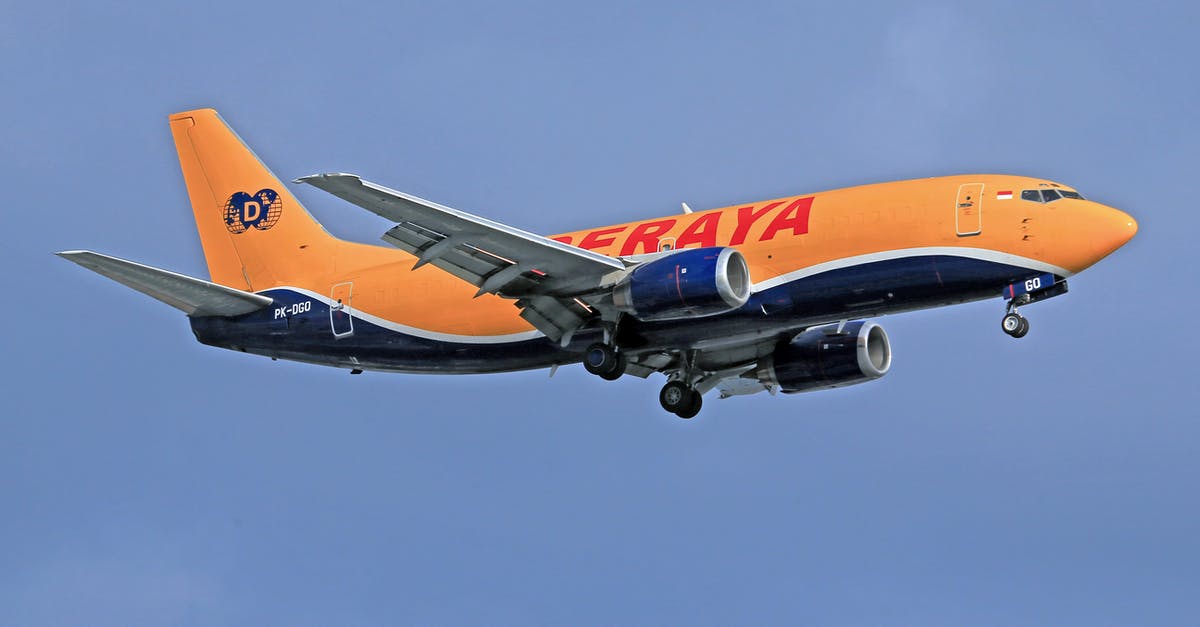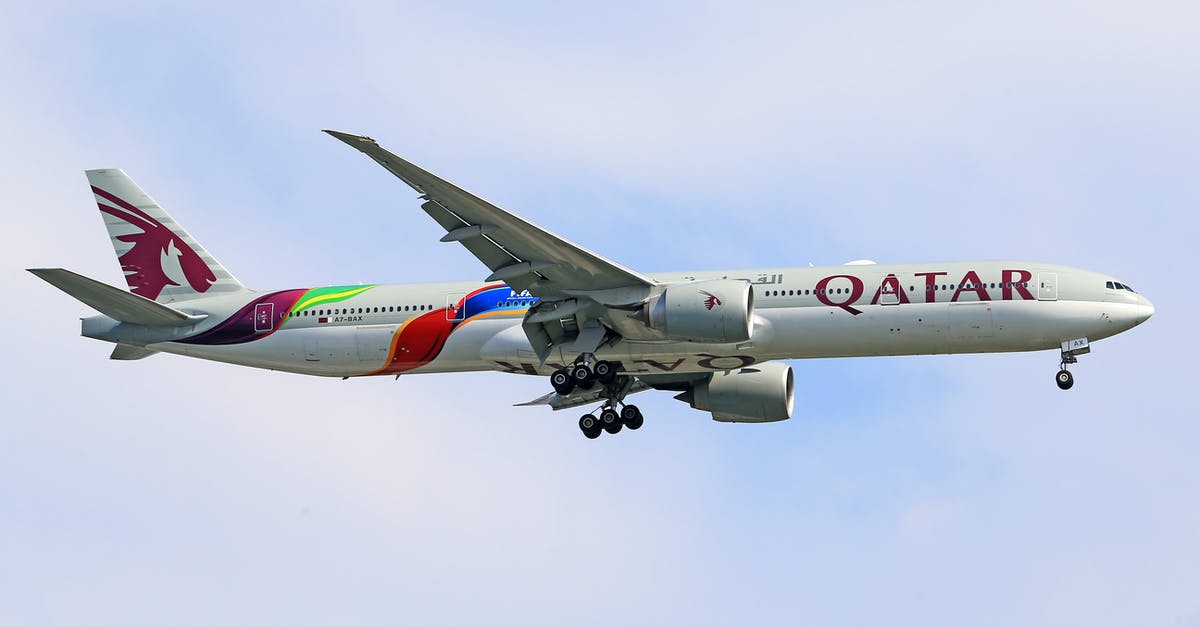What are the pros/cons of booking a flight via the primary carrier airline vs. booking the same flight via a partner airline?

Many times you can book the same flight via multiple carriers. I once booked a British Airways flight via American, and when I got bumped, BA said I must rebook with AA since they sold me the ticket, but AA said I must deal with BA because they controlled the booking. Eventually AA agreed to take care of me, and they were amazing, but I suspect the whole drama would have been avoided if I had booked via BA.
What are the pros/cons of booking a flight via the primary carrier airline vs. booking the same flight via a partner airline?
Please speak from experience or certainty, not speculation.
Best Answer
This is slightly complicated, because potentially there are up to three carriers involved (actually there can be one more but I won't get into that).
- The "operating carrier". This is the airline that actually operates the flight. Sometimes we use the word "metal", for instance, this is a BA metal flight if it has a BA logo printed on the outside and people in BA uniforms on the inside. (Sometimes the flight is actually operated by a subsidiary company under the control of the operating carrier, but let us not dwell on that complication.)
- The "marketing carrier". This is the company that marketed the flight to you. It is the company that appears on your itinerary and on your ticket. It could be the same as the operating carrier, in which case we can refer to the "prime" flight number. However, if it is a different company, then this is a codeshare. In your example, American Airlines is the marketing carrier.
- The "ticketing carrier". This is the carrier that actually issues you with a ticket. Normally this will be one of the marketing carriers on your itinerary, usually the first or the one marketing the longest leg on the journey. It is the carrier responsible for collecting payment and distributing it to the other carriers on the ticket. Sometimes we use the expression "validating carrier", which is because this carrier is responsible for validating the itinerary is correct and properly paid for. We may also use the expression "plating carrier", because in the old days of paper tickets, a big old metal plate with the airline's name and code number was used to stamp the carbon paper tickets. There is only one ticketing carrier for the ticket, but there can be many different marketing and operating carriers mixed in.
As you note, if you buy the ticket from AA.com, even for a BA metal flight, then the ticket is "owned" by AA, because AA is the ticketing carrier. The ticket is a financial document with monetary value (even though it's all electronic now). BA cannot touch an unflown ticket issued by AA, even if it concerns their own flights*.
However, once the ticket falls under "airport control", which it does 24 hours before departure, then the operating carrier has some ability to modify the ticket, but it is difficult and many of the staff at BA are not trained to use AA's system. In your shoes I probably would have insisted that BA fix their own mess rather than trek over to the AA terminal, but that is a matter of experience.
As you suspect, BA may treat its own ticket holders better than those ticketed under a codeshare. Actually I highly doubt BA does this with AA tickets, because AA and BA are very close partners in a special agreement to cooperate. I think you were just a bit unlucky. However if you were on a Lufthansa ticket with just a short domestic feeder flight on BA in the UK, I expect you would be told to go and find Lufthansa.
The main reason to book onto a codeshare is (a) price and (b) frequent flier benefits. For instance, I try to book as many flights as possible under BA numbers, because I get more points for this than AA flights.
*Actually AA and BA do have special authority to tamper with each others tickets, but this is unusual in the airline world: and they will not do this unless you are commercially important to them.
Pictures about "What are the pros/cons of booking a flight via the primary carrier airline vs. booking the same flight via a partner airline?"



Is it better to book flights directly with airline or travel agent?
Book direct with the airlines is basically always preferred as long as the fares of the airline vs the 3rd party travel agent are the same or lower. In those cases, there is no reason to book with an agent. This is especially true for simple point-to-point tickets within North America.Is it better to book with airline or third party?
You may also find out that the same flight, if booked directly from the airline, costs about the same. If that's the case with your flight, we would recommend booking directly from the airline. It's just the safest and most convenient options in most situations.Is it better to book flights individually?
Key Takeaways. If you purchase multiple tickets in a single transaction, the price will be the same for each of the tickets. If not enough of the lowest-cost seats are available, you'll pay a higher cost for all of the seats. Buy the tickets one at a time to make sure you get all of the lowest-cost seats available.What is important when choosing an airline to fly with?
Skift TakeFactorImportantSomewhatThe cost of an airline ticket (not including fees)91%36%Flight schedule, including time of departure/arrival88%39%Total time it takes to fly75%42%Likelihood of flight delays and cancellations72%46%5 more rows•Jun 17, 2014Why do airlines overbook flights? | CNBC Explains
More answers regarding what are the pros/cons of booking a flight via the primary carrier airline vs. booking the same flight via a partner airline?
Answer 2
A few more personal experiences:
- Frequent flyer status rules have become very complicated and are affected by this. For example: United requires not only miles flown but dollars spent. Buying the same flight on United will accrue dollars, buying it on a parterner airline will not, unless it's actual United metal.
- Re-booking can be a hassle. We booked a Delta-KLM-Al Italia combo on Delta. These are all Sky Team partners. First leg was delayed so they needed to rebook us with Air France through Paris. Delta totally bungled the re-booking and we almost missed our return flight since Al Italia needed to re-issue the tickets
Prices are typically very similar, so if status doesn't matter, I'd go with the airline that may have the most competent customer service.
Answer 3
In my experience, booking with the primary (the "flying") airline leads to the least amount of hassles.
I am speaking mostly on Asian/European flights, and not to/from US flights for which I have flown few (ironically, it was with BA/AA, but the ticket was booked from BA); and the second one from was Gulf/AA but booked on Gulf.
Here is why I recommend booking with the flying carrier:
The flying carrier will have the most capabilities at their respective hubs/terminals; sometimes this affects what perks you get - for example, you may be able to avail the flying carrier's own lounge; but have to use a third-party/shared lounge if you are not on the primary ticket. However, if you are flying a premium product (like business/first) then there may be exceptions for you.
Luggage handling. Again, this goes towards hub operations/requirements. On my return flight which was AA/Gulf, my luggage was lost but since it was tagged on American - Gulf Air had a hard time trying to figure out where it was (there were three plane changes in the itinerary) since AA had no offices in Bahrain.
Mileage perks - as mentioned, the airline which took your money will give you the most advantages on your frequent flier status. There are generally two kinds of miles you can get, one from buying things from partner(s) (like credit cards that accrue miles) and then by buying tickets. Usually the most perks (for example, status validity) comes from buying the tickets and not from transferring miles. For the airlines I have flown, they all have this distinction (Emirates being one of the larger ones).
Sources: Stack Exchange - This article follows the attribution requirements of Stack Exchange and is licensed under CC BY-SA 3.0.
Images: Markus Winkler, Jeffry Surianto, Jeffry Surianto, Jeffry Surianto
